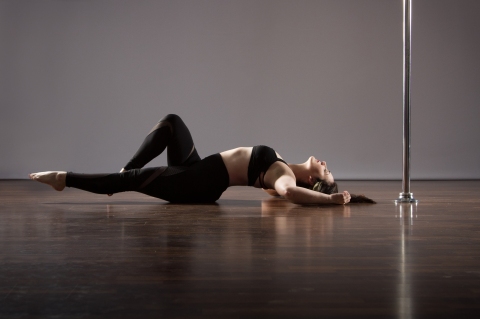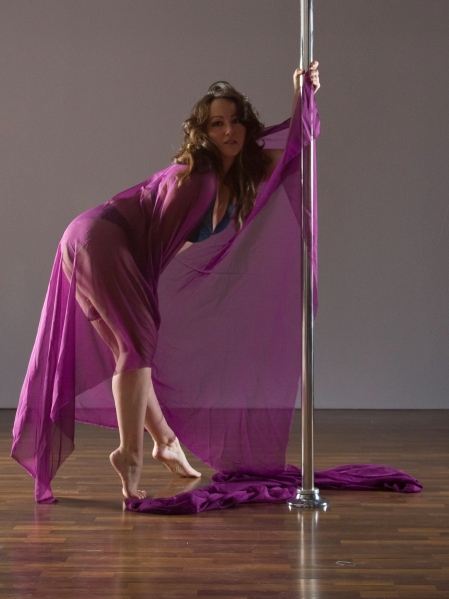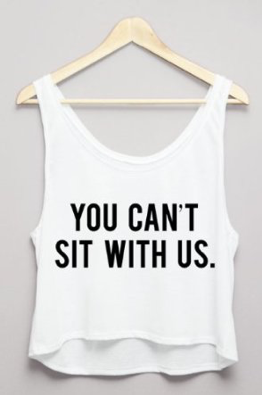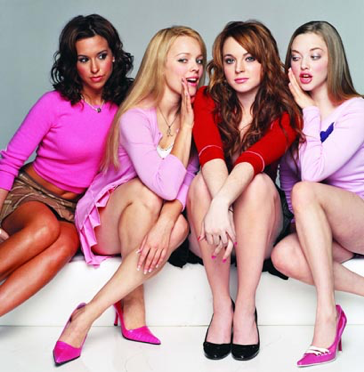Monthly Archives: April 2019
Is Freedance Suited for Competitions?
I spent last weekend judging PSO’s Pacific Pole Championship, as I do every year. I genuinely enjoy judging – I love seeing what people bring to the stage, but more than that, I really enjoy the process of providing feedback. I hope what I tell people is constructive (and that nobody thinks I’m a bitch for giving them suggestions of things to improve) – and I look at it as an opportunity to learn how to better coach our competitors as well. An example of this: the scoresheets for 2019 are different than in previous years, so we judged on a new criteria, and it completely changed how I awarded points…and it will change how I coach people in the future.
Another change for 2019 was the reintroduction of the Freedance category. I remember this being around when I first completed in 2012 – at that time, competitors were assigned a song and able to hear it a few times right before they went on stage. For this year, the competitors did not hear their music until they stepped on stage.
I was part of the judging panel for both of the Freedance categories at PPC, which were split into Junior/Senior and Master/Grand Master – since this is considered an experimental category, there were no levels assigned, only age brackets. This was also how things ran when they first introduced the Low Flow category, too.

Freedance photo by Alloy Images.
I’m super grateful to have been a part of the judging process for this, but it got me thinking quite a bit about Freedance/Freestyle and the misperceptions of it within the pole community.
I teach Freedance weekly, and I have for around 4 years. Before that, I was invested in it as a student. If there was any genre within pole that feels like mine, it’s this one. I’m deeply connected to it in a way that makes me excited to share it, but also protective of what I believe it to be.
To me, freestyle is about connection: to an audience, a story, a character/being, an emotion, or another prompt of some kind – it’s driven by a focus on that parameter, and that’s what I look for in the technique: are you connected to or focused on something that is larger than tricks?
I would venture to guess that this is NOT what most people would look for when watching a Freedance Competition Category, largely due to a lack of understanding of Freedance Technique (including that it even exists as a thing).
My feeling on this is obviously colored by the fact that I teach freestyle technique: there IS a technique to it, but it is not the same type of technique one would see in other categories, and very few people seem to understand it because freestyle is so rarely taught.
What I am looking for in technique for freestyle is different from what a non-freestyler would look for…I don’t care so much about trick passes, for example. I’ll forgive cleanliness to a certain degree, in favor of other elements I consider more important for the genre. I don’t give a shit if you go up the pole at all – in fact, in my class, the majority of students stay at the base (I can count on one hand the number of students I have had who have gone up the pole with any regularity). Going up the pole doesn’t show me anything about your Freedance Technique unless you do the work to incorporate it into your aerial work.

Photo a fabric freedance by Alloy Images.
Do I feel like Freedance has a place in competitions? Yes. I do. I’m actually really excited about the idea of it, because it means that there’s a chance that Freedance will a) become more widely understood, accepted, and even celebrated and b) more people might be willing to try it.
That said: I think there’s an opportunity to educate pole competitors on how to work within the genre for competition, as well as for judges to learn what to look for while judging. PSO stated that the category was judged on a technical scorecard because it’s still experimental, and the artistic scorecard includes elements that would be difficult to apply (which is true, from my experience) – I’m curious to see if they develop a new scoring system for this category, if they continue to include it – or if they provide any other training/education around the concepts of Freestyle Technique.
Do you have thoughts on Freedance in competition? Comment below!
Are We Bitches?
[This piece was previously published on the now-defunct Bad Kitty Blog.]
Quick, answer this question:
Which studio is your home?
You probably had one clear answer. And, if you had to explain why that studio was the one you considered HOME, I bet at least some of the answers would look something like:
“It was where I started.”
“Everyone is so friendly!”
“I’m really close with the other students.”
“I love my teachers. They’re so supportive!”
Those are all great reasons! For me, I know that even when I don’t go to my original studio as often as usual, I still consider it home. It was where I began, but also, it’s where I feel accepted and comfortable. I have good friends there, and I love the vibe – it’s as if magic fairy dust has been sprinkled into the walls, blocking the outside world from coming in.
This special energy can be hard to find in other studios. Maybe it’s because nothing is going to match your Home Studio, but maybe it’s more than that. I’m lucky enough to live in a city with a preponderance of studios to choose from. There is an embarrassment of riches in this community, and many choices one could make as to where to spend their pole time. I’ve taken classes at eight of the major studios in the LA metropolitan area, and I like different things about all of them. But I definitely have my reasons for returning to some studios over others. It’s been a lesson in learning how to navigate within a community without my wolf pack of pole sisters to protect me. I’ve had to learn how to work in new environments, how to adjust to the different levels of instruction offered at various places, and how to not take it personally when a studio doesn’t live up to its expectations, or if people aren’t super welcoming.

I forget, though, that not everyone is used to moving around into new spaces. I was speaking to a friend of mine, who was excited about the chance to try a studio new (which shall remain nameless). During her first class, she watched with dismay as the students did not greet her or celebrate the wins of others, and the instructor failed to welcome her or support the other students in an open and friendly manner. Both of these experiences were the polar opposite of life at her usual studio and left her with such a bad taste in her mouth. She decided to not continue with the remainder of her classes at the new studio.
I know that feeling. I’ve experience the same thing, and I’ve heard from others that it’s not uncommon. It got me to thinking: As pole dancers we have a tremendous opportunity to empower ourselves and others, but have we evolved? Do we breed exclusivity in the name of empowerment, only to blind ourselves to the fact that this type of empowerment is often built on the disempowerment of others?
Are we still in high school?

Think about it: we all want to be better, we all want to DO better, but in the pursuit of that, do we exclude people who ultimately want the same thing? How is that empowering to anyone but you? And, really, is it actually empowering to you? I would venture to say that excluding others and failing to celebrate their victories is the road to disempowerment, rather than empowerment.
And, I don’t just mean, celebrate the victories of your friends. Take a moment and remember what it’s like to be The New Kid. Look around and reach out to someone you don’t know. Cheer for all of the victories you see. Offer to spot someone who needs it, but hasn’t asked. Compliment someone on a move they were trying, even if maybe it’s got some room to go before it is perfect. Give back. Share. Banish the bitch. You’ll be stronger for it. We all will.

